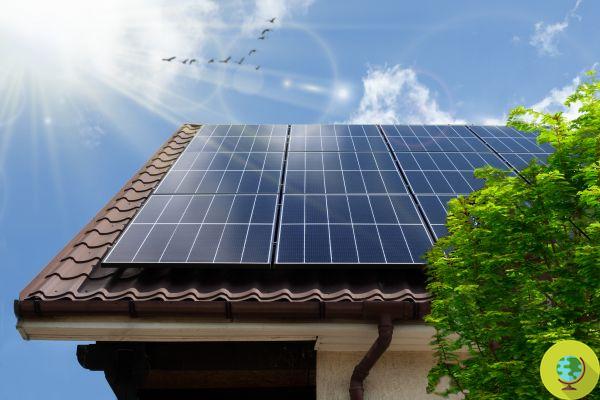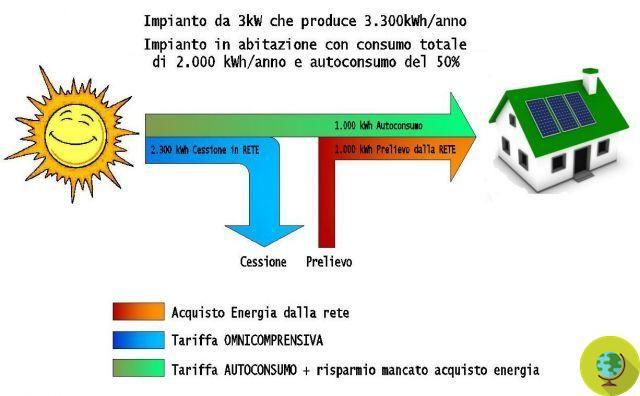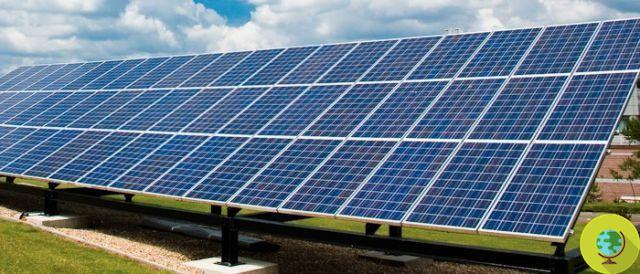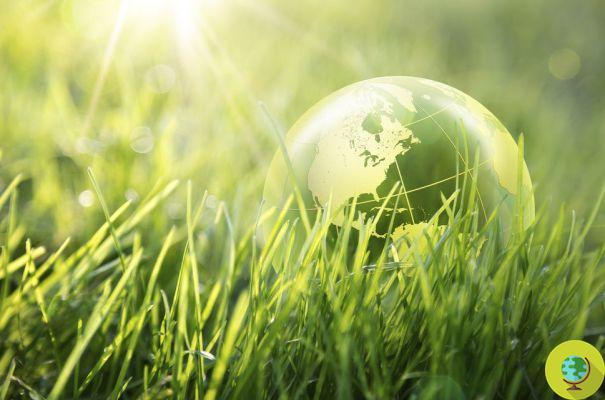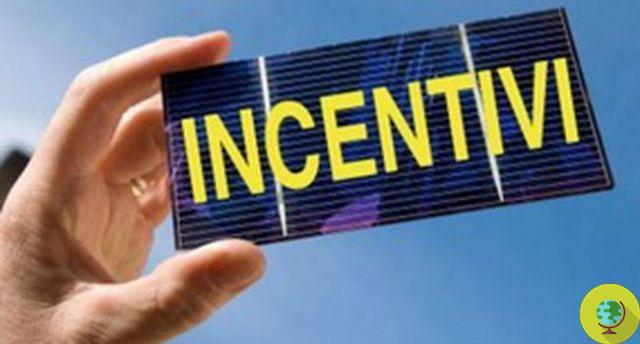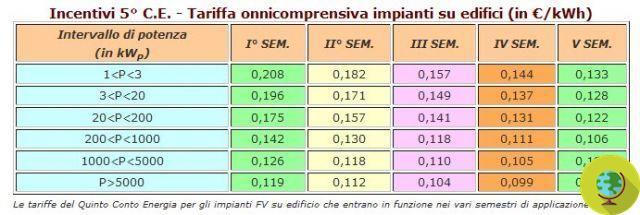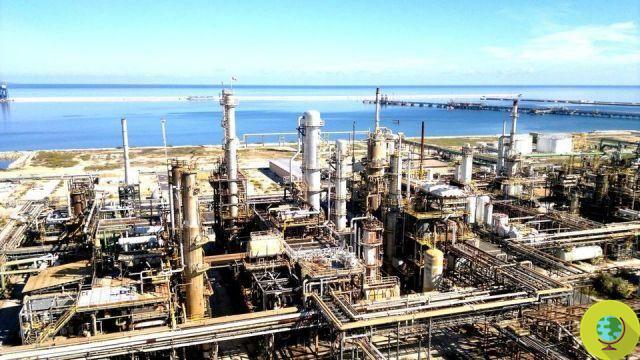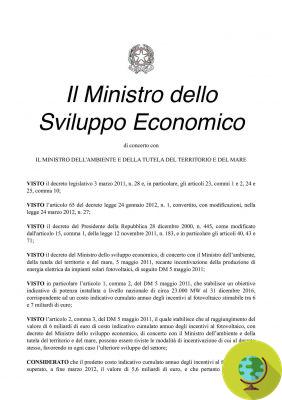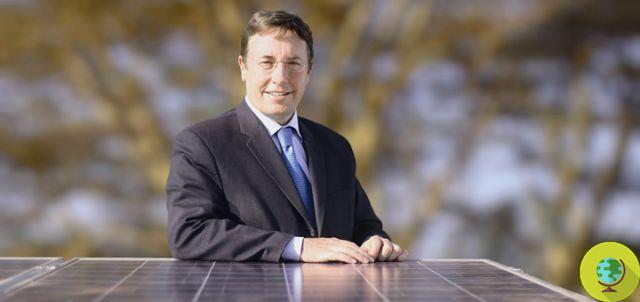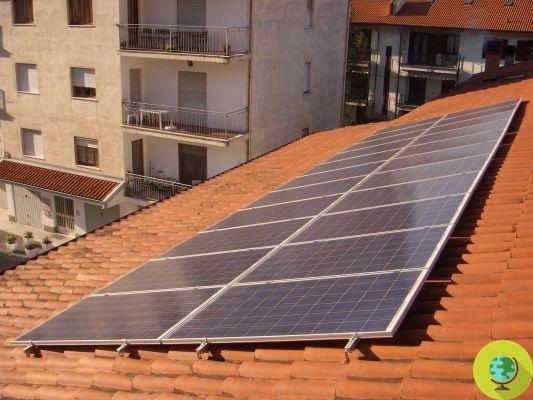
Fears are growing that the United Nations Rio + 20 Sustainable Development Summit may disappoint expectations. But the world cannot afford to miss this opportunity to renew the political commitment in favor of sustainable development.
He is about to end up run over, his mother saves himRio + 20. Twenty years after the first Rio conference, the appointment is approaching where all eyes will be on Rio de Janeiro, where the heads of state and government will participate in the United Nations conference on sustainable development Rio + 20. After the decision of the US president Barak Obama and the British Premier David Cameron not to participate and the next defection of European parliamentarians the cause the excessive cost of Brazilian hospitality, fears are growing that the summit may disappoint expectations. But the world can't get away with this opportunity to renew the political commitment in favor of sustainable development.
In fact, within the framework of the summit, i progress made e solutions will be sought to achieve missed goals and address emerging problems, all under the banner of two related themes: "a green economy in the context of the Sustainable Development and elimination of poverty" and the institutional framework for sustainable development ". Rio + 20, in this way, could mark the start, at a global level, of a accelerated and profound transition to a green economy, an economy that generates growth, it creates jobs and eliminates poverty investing in natural capital, as well as preserving it, from which the long-term survival of our planet depends. It can also launch the reform of the international governance of sustainable development, the urgency of which has long been felt.
It was also discussed at conference of the WWF and Electrolux "Seeds of sustainability", which took place yesterday at the Museum of science and technology in Milan, where the 2012 State of the World report from the Worldwatch Institute, “Towards Sustainable Prosperity”. The Minister of the Environment, Corrado Clini, who said: “A Difficult negotiation to reach agreement on a final conference document. A not very high profile agreement “. For Clini "it is not just about money, but clear international rules for a development model in which services and technologies that reduce the environmental footprint are within everyone's reach". So without penalizing anyone.
“There have been a number of positive trends worldwide over the past decades,” explains one note of the European Commission. In fact, just think of the income growth, thanks to which between 2000 and 2005 more than 120 million people exceeded the one dollar a day benchmark, not to mention access to education, health and water, all of which have been improving. There has also been progress with regard to the scientific information on environmental issues, in particular on climate change, and the greater awareness of these issues, with civil society it participates in the definition of policies on a global scale thanks to the improvement of communication via the internet.
Yet despite the positive developments, many unsolved problems persist and goals far from being achieved, which will have to be included in the Rio + 20 agenda. Approximately 1,4 billion people continue to live in extreme poverty (largely in Sub-Saharan Africa and South Asia) e one sixth of the world population suffers from malnutrition. Efforts to address these problems have been held back by the recent economic crisis and the rise in food prices, which have increased the number of people living in poverty.
As for the environmental problems, then, many of them have not only not been resolved, but have even become acute: increased demand for resources (land, water, forests, ecosystems) has led to greater impoverishment and degradation of the environment; there loss of biodiversity and deforestation they continue at an alarming rate; there scarcity of resources, just as access to them is becoming a planetary problem; the greenhouse gas emissions they continue to increase around the world, fueled by land use change and growing demand for fossil fuels. The effects of climate change, such as changing rainfall patterns and rising sea levels can also multiply current environmental problems.
Also the overexploitation and pollution of water resources and the marine environment are of increasing concern, to the point that by 2025 a third of the world's population will probably have to deal with water scarcity. There desertification and land degradation they affect a number of developing countries whose economies largely depend on agriculture and subsistence agriculture. In these countries and emerging economies, there is also exposure to dangerous substances (such as pesticides and hazardous waste), despite the progress made in the application of international conventions on the subject. “Many of these problems are not isolated, but are interrelated and interdependent,” explains the Commission.
In short, twenty years after the Rio summit, the world is still confronted with two major, interdependent problems: offer better living conditions to a population that in 2050 will have grown by over a third e cope with the pressure exerted by many on the environment, which, if unchallenged, will affect the ability to solve the first problem. For the EU, the solution to these problems it will not be found by slowing growth, but rather by promoting the right kind of growth. In short, we need to radically rethink the conventional model of economic progress. To give a new impetus to sustainable development, Rio + 20 it must lead to a shared vision of change, supported by a decision-making framework that makes it possible to implement precise measures. The final result, for the European Commission, could consist of the following elements:
- a wide political mobilization based on a shared vision and ambitious goals;
- a series of specific actions to be carried out at the international, regional and national level, and articulated according to a "roadmap for the green economy";
- a range of strategic approaches and examples of good practices to be adopted to achieve the agreed objectives;
- a mechanism that encourages make progress and monitor what is being made.
“Rio + 20 - concludes the Commission - is an excellent one opportunity to advance the planet in the name of sustainable development, but it must not lead to mere declarations of intent: concrete actions are needed to ensure that it is instrumental in the transition to the green economy and better governance. The EU stands ready to discuss with all countries and stakeholders to shape the agenda of this summit more precisely. All countries and stakeholders must work together to ensure that the outcome of Rio + 20 is up to the challenges with which the planet is compared. Together, we must ensure that tangible and effective measures are taken that can have concrete effects throughout the world".
Roberta Ragni





